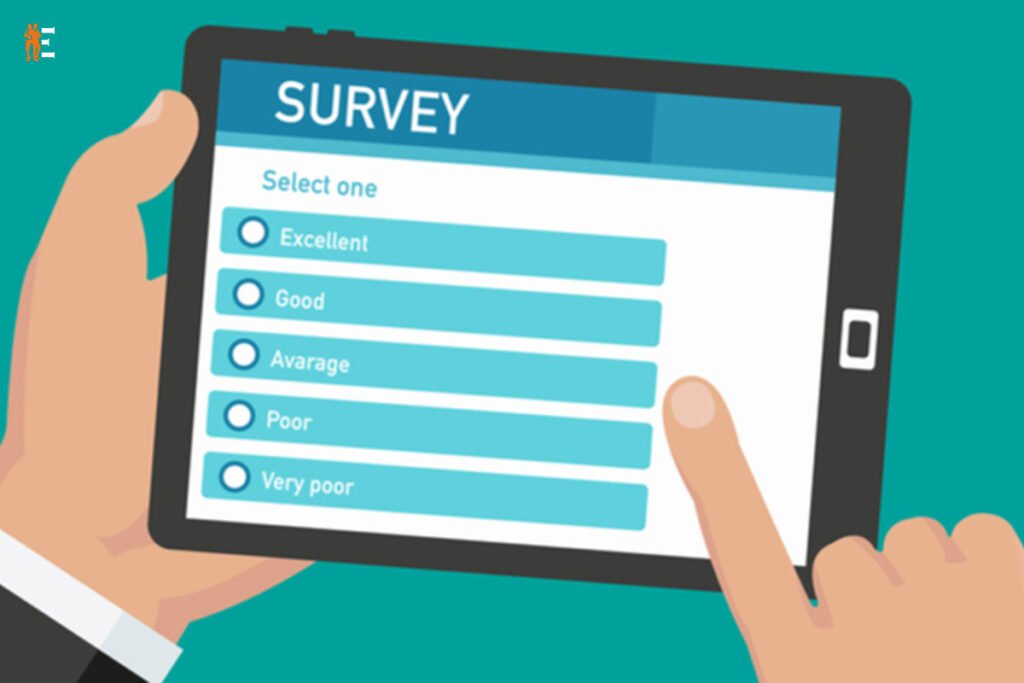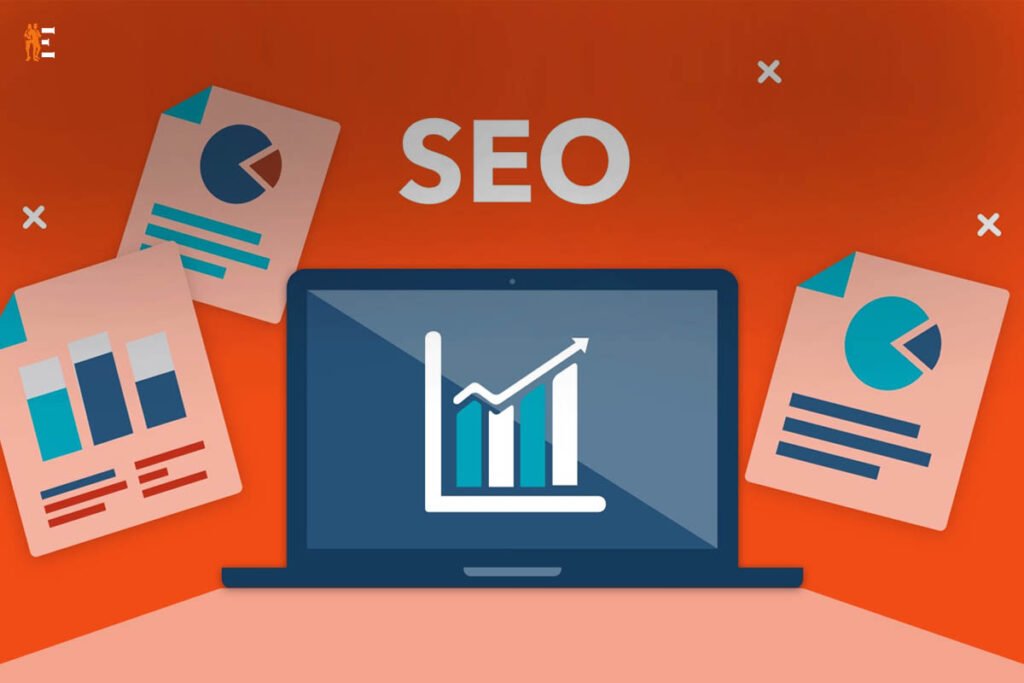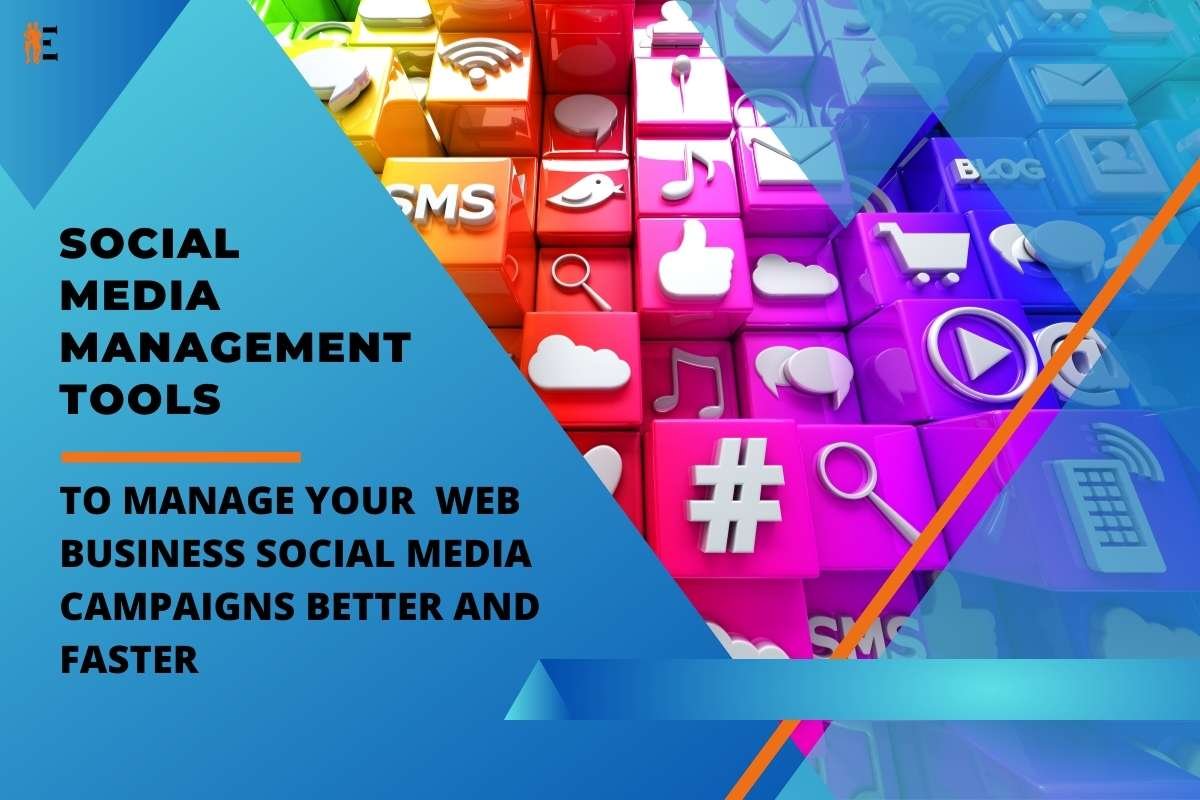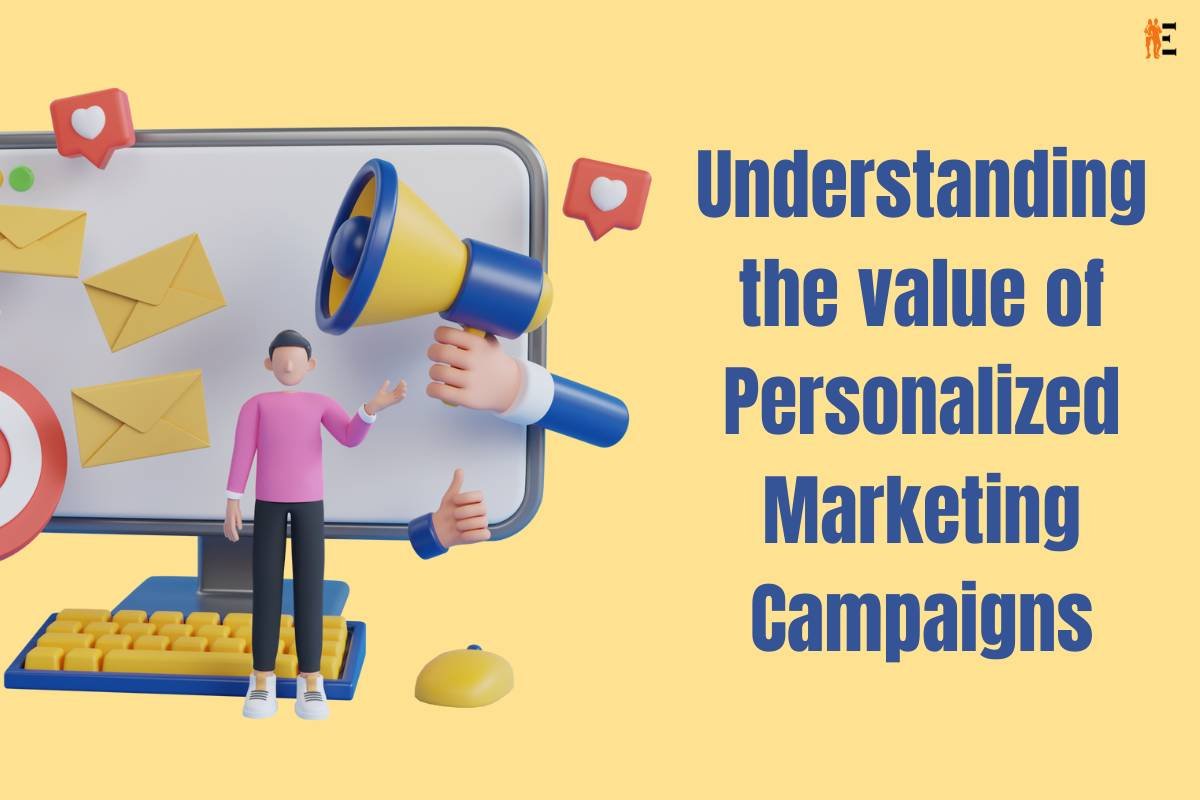Online marketing has become an essential part of business success in today’s digital world. With the rise of e-commerce, social media, and mobile devices, businesses can reach a larger audience than ever before. In this article, we will discuss how to plan online marketing strategy for future and achieve success in the digital marketplace.
Here is how to plan online marketing strategy for future:
1. Understand your audience
Before you can plan your online marketing strategy for future, you need to understand your target audience. This involves identifying their needs, wants, interests, and pain points. By understanding your audience, you can tailor your marketing messages to resonate with them and ultimately drive more sales.
There are several ways to gather information about your audience, including:

- Customer surveys: Send out surveys to your customers to gather feedback about their preferences, interests, and buying habits.
- Social media analytics: Use analytics tools to track engagement on your social media channels, including demographics, engagement rates, and reach.
- Website analytics: Use tools like Google Analytics to track website traffic and behavior, including user demographics, pageviews, and bounce rates.
2. Create a strong brand identity
Your brand identity is the foundation of your online marketing strategy for future. It is how you present your business to the world and differentiate yourself from your competitors. A strong brand identity can help build trust with your audience, increase brand recognition, and ultimately drive more sales.
To create a strong brand identity for online marketing strategy for future, you need to:
- Develop a unique value proposition: What sets your business apart from your competitors? Identify your unique selling points and communicate them clearly in your marketing messages.
- Design a professional logo and visual identity: Your logo and visual identity should be consistent across all of your marketing channels, including your website, social media profiles, and advertising campaigns.
- Create a brand voice: Your brand voice is the tone and personality of your business. It should be consistent across all of your marketing channels and reflect your brand values and personality.
3. Develop a content marketing strategy
Content marketing is an effective way to attract and engage your target audience. By creating valuable and informative content, you can position your business as a thought leader in your industry and build trust with your audience.
To develop a content marketing strategy, you need to:
- Identify your target audience: Who are you creating content for? What are their pain points and interests?
- Choose the right content formats: There are several types of content formats, including blog posts, videos, infographics, and eBooks. Choose the formats that best resonate with your audience.
- Create a content calendar: Plan out your content in advance to ensure a consistent stream of content. Your content calendar should include the topics, formats, and publishing dates for each piece of content.
4. Optimize your website for seo
Search engine optimization (SEO) is the process of optimizing your website to rank higher in search engine results pages (SERPs). By ranking higher in search results, you can attract more traffic to your website and ultimately drive more sales.

To optimize your website for SEO as an online marketing strategy for future, you need to:
- Conduct keyword research: Identify the keywords and phrases that your target audience is searching for.
- Optimize your website content: Incorporate your target keywords into your website content, including your website copy, titles, and meta descriptions.
- Build backlinks: Backlinks are links from other websites to your website. They are an important ranking factor in search engines. You can build backlinks by creating valuable content that other websites will link to.
5. Leverage social media
Social media is a powerful tool for reaching and engaging your target audience. By building a strong social media presence, you can increase brand awareness, drive website traffic, and ultimately drive more sales.
To leverage social media, you need to:
- Choose the right platforms: Not all social media platforms are created equal. Choose the platforms that best align with your target audience and business goals.
- Develop a content strategy: Create a content plan that includes a mix of promotional and informative content. Use visual elements like images and videos to make your content more engaging.
- Engage with your audience: Social media is a two-way conversation. Respond to comments and messages promptly, and engage with your audience by asking questions and soliciting feedback.
6. Use paid advertising
Paid advertising can be a powerful way to plan online marketing strategy for future to increase visibility and drive traffic to your website. Platforms like Google Ads and Facebook Ads allow you to target specific demographics, interests, and behaviors, ensuring that your ads reach the right people.
To use paid advertising effectively, you need to:
- Set a budget: Determine how much you are willing to spend on advertising and set a daily or monthly budget.
- Define your target audience: Use the targeting options available on the advertising platform to define your target audience.
- Choose the right ad format: There are several ad formats available, including text ads, display ads, and video ads. Choose the format that best aligns with your business goals.
7. Measure and analyze results
Finally, it’s important to measure and analyze the results of your online marketing efforts. This allows you to identify what’s working and what’s not, and make adjustments accordingly.

To measure and analyze your results, you need to:
- Use analytics tools: Use tools like Google Analytics and social media analytics tools to track website traffic, engagement rates, and other key metrics.
- Set up conversion tracking: Conversion tracking allows you to track specific actions on your website, such as purchases or sign-ups.
- Make data-driven decisions: Use the insights you gain from your analytics to make data-driven decisions about your marketing strategy.
BOTTOM LINE
In conclusion, getting ahead of your online marketing strategy for future today requires a deep understanding of your audience, a strong brand identity, a content marketing strategy, SEO optimization, social media leverage, paid advertising, and regular measurement and analysis. By implementing these strategies, businesses can achieve success in the digital marketplace and drive more sales.











